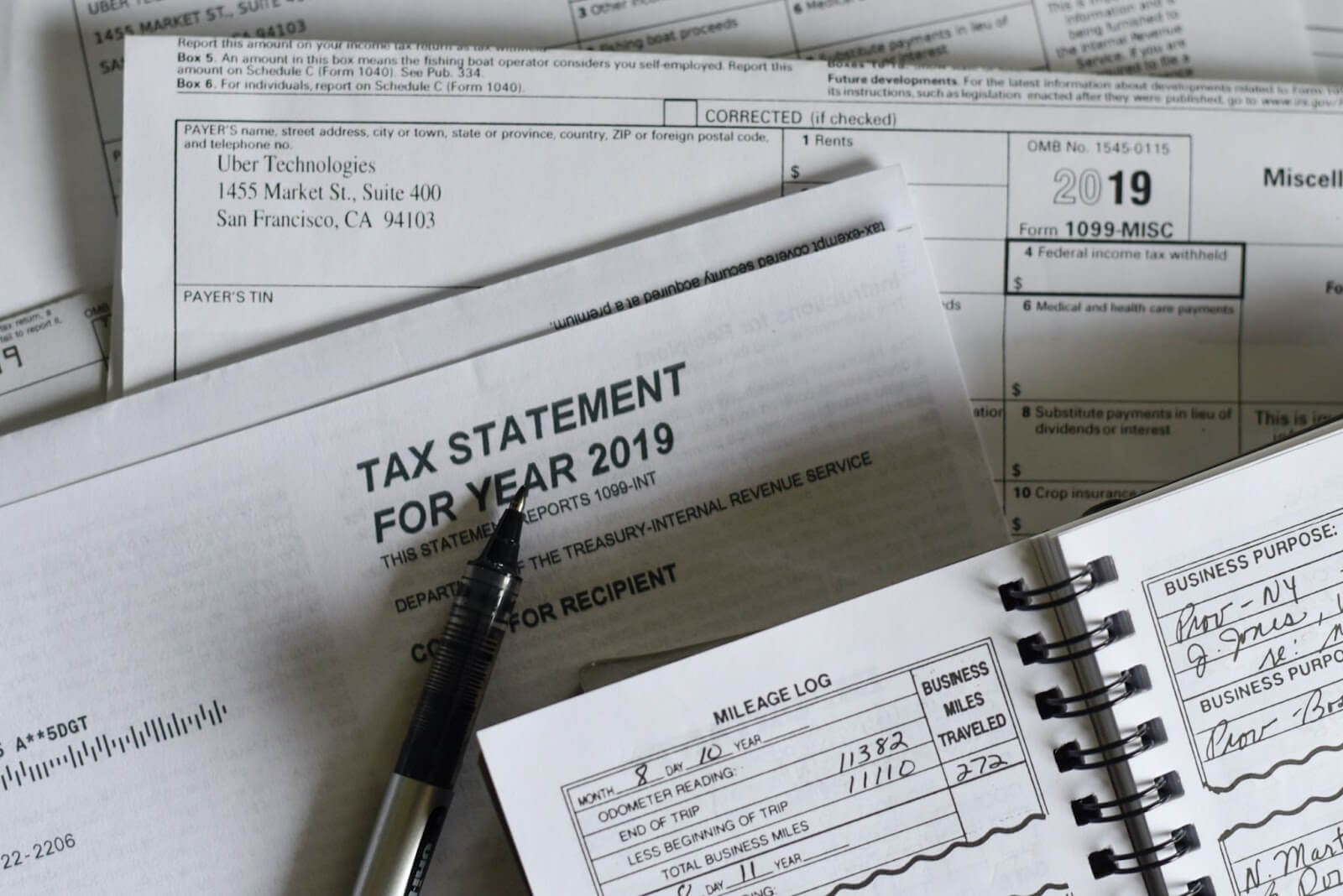Taking the leap into small business can be a struggle, and once you’ve made the decision – getting the ball rolling can be a bit daunting. As your idea comes off the paper and into reality, it’s an endeavor to go from theory to practice. At that moment, creativity needs to walk hand-in-hand with planning and management. The key to success – and profitability – is to get your processes structured and organized from the get-go. Some people may not think so, but accounting is an important player in business development. As a result of good management practices, it can support the optimization of resources and help plan for innovation – setting your company apart from competitors. Let’s take a deep dive into why accounting is important, and the best accounting and bookkeeping software for small businesses.
7 Advantages of Keeping Good Accounting for Small Business
1. More reliable calculation of payments and obligations
Keeping up with payments and obligations is a huge responsibility. In the case of small businesses, however, managers usually wear many hats and there is no dedicated finance department, making it even more difficult.
Thus, it’s crucial that you have a person who can keep up with the error of calculations and payments being processed (or forgotten) in a rush.
2. Your records are always up-to-date
One of the main functions of accounting is to keep a reliable record of your finances. For small business accounting, keeping your statements organized can be very useful for financial management.
3. The ease of tax reporting
The tangle of tax laws is considered one of the greatest challenges for any business.
When that time of the year comes and you need to file a company tax return, it’s always the same thing every year! Where are the required papers and documents? What needs to be declared and what doesn’t? With up-to-date accounting – that isn’t saved for the last-minute – tax day will be a breeze!
4. A well-managed cash flow
Knowing how to manage cash flow is not easy, and accounting alone won’t work magic and keep your cash flow in the green. But what it can do is clearly show you where you’re spending the most, where there’s room for savings and even help you forecast the inputs and outputs of your business. It’s much more practical to manage your cash flow than leaving it unattended.
5. Easy to calculate performance indicators
How do you know what your average sales ticket is if you’re not sure how much you sold in a certain period? How do you know if your profitability has increased or decreased if you are not clear about your profit? Keeping a track of accounting can help small businesses owners to find these indicators much more easily, which makes for more assertive and reliable financial management.

6. Agility to prove credit
Looking to take out a line of credit for your business? Surely your bank will ask for a series of documents and statements. If your accounting is up to date, this will be much easier and faster.
7. Utilize accounting software
By using adequate software specially developed for accounting, the management accounts are faster and have fewer mistakes. Dates and deadlines are not lost, as calculations are done automatically.
Another advantage of using software is that documents are stored securely, scanned on servers. All the required information, even from years ago, can be stored and available for consultation.
Choosing the Best Accounting Software for Your Business
As a small business owner, you’ve got plenty of work on your plate. Whether it’s making sales calls, creating products or running your social media accounts, having a tool to make any area of your business life easier is a welcome addition to your workflow. Choosing suitable accounting software can be a real asset to your small business as it will enable small business owners to track accounts receivable and payable, profitability and to keep things in order for tax season – all without the need for big costs or extensive customizations. Plus, as your business grows and the accounts become more complicated, why not get things on track in the early stages and pick an out-of-the-box solution to start with?
There are many different types of accounting software available for small businesses, with varying capabilities and price tags. The type of industry and number of employees are two key factors to consider when selecting the appropriate accounting software. Here are some of the best overall rated accounting software:
Quickbooks
QuickBooks is a simple and easy cash flow management tool for small and medium businesses. It was developed by Intuit – an American company founded in 1983 – and is considered by Forbes as one of the most innovative organizations in the world.
With a very appealing campaign committed to “…help you get precious time back, so you can spend it on growing your business”, QBO (which stands for Quickbooks Online) has a variety of different features that are aimed specifically towards small businesses such as financial reports, support for multiple bank accounts and users, VAT management and expenses tracking systems, among others. QuickBooks can be tested for free for 30 days. It’s definitely worth taking a look at!
Xero
Just like Quickbooks, Xero also provides a ‘fitted’ solution for each type – and size – of business. Retail, ecommerce, IT, not-for-profit, hospitality, construction, even farming… you name it! It’s software that promises to help you “take back control” and streamline invoicing, payroll, inventory and much more.
Xero works along with several other modules and tools – including many app integrations – for you to keep your finances under control. The interface is friendly and very intuitive, so UX is certainly a plus in Xero. As a direct competitor to QuickBooks, it facilitates the customers’ switch, so you don’t have to worry about the transfer, because all your current QBO data (if you have it already) can be transferred without a whole lot of work. Similar to other software out there, it provides the possibility of a 30-day free trial too.
Now that you have been introduced to some (really good) options, how about trialing before purchasing? That way you’ll be able to make a more informed decision and ensure the software you choose is best suited to your company’s needs.


